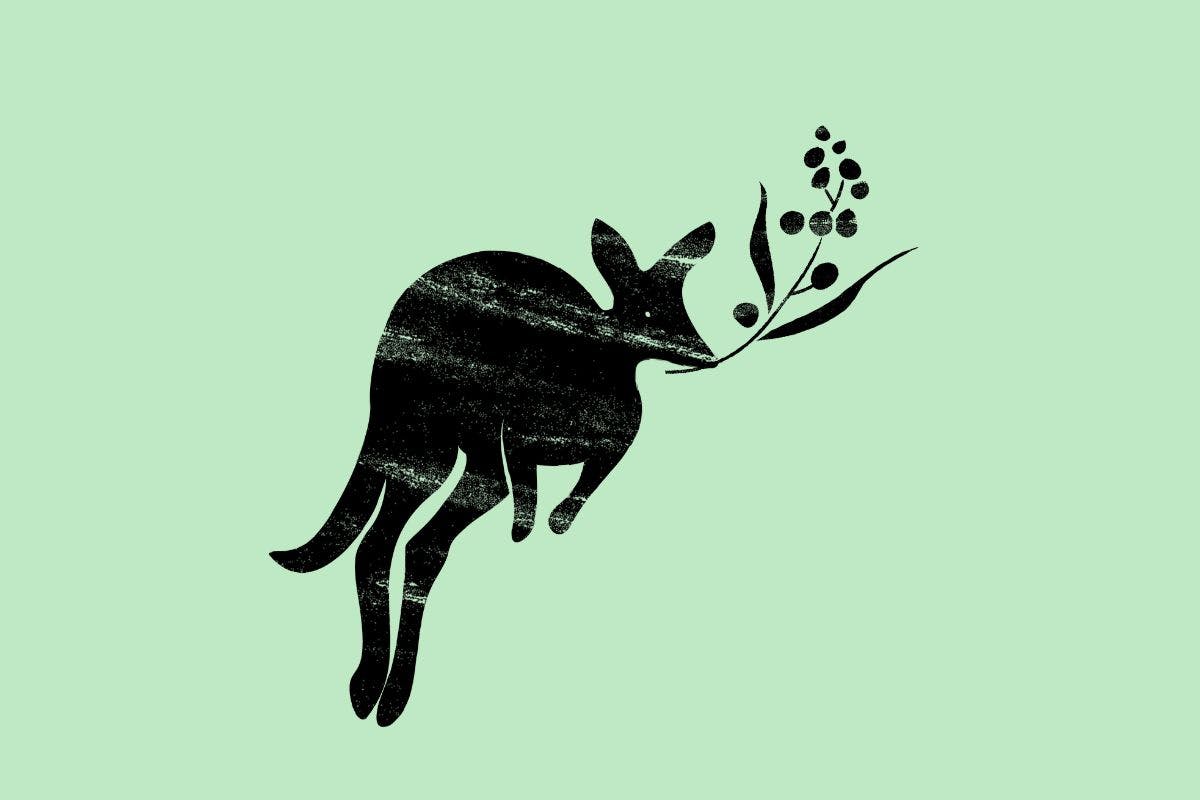Published: 5 December 2017
Last updated: 4 March 2024
As well as referencing the visit by Egyptian President Sadat and subsequent peace accord with Israel, the history and significance of such towns were outlined by The Jewish Independent Contributing Editor Shahar Burla, who offered other interesting insights in his introduction to the film.
“The idea of Ben-Gurion from the beginning was to try to put as many people as possible in the Negev and in the north so if there was any attack from Egypt, Jordan or Syria, there would be some kind of defence,” he said.
After starting in California 11 years ago, Moishe House (MoHo) now has over 100 houses or flats in 27 countries, catering to people aged 22-30. In Sydney, there is an apartment in Surry Hills which has been around for almost four years.
Residents organise several events per month covering social, cultural and educational activities which MoHo budgets for and, in exchange, subsidised rent is available – a most attractive drawcard in Sydney these days.
Moishe House Sydney resident Michelle Brener, who was also the event co-organiser, reminded the audience of the broad range of ‘awesome’ events planned for December.
Jayden Myer, another Moishe House Sydney resident, chose The Band’s Visit because the film “was light-hearted”. “With a big group of friends, we’d rather have something fun and not intense.”
The timeless outpost where the only outside communication is through a public phone, evokes Israel’s birthing pains. Such development towns were mostly populated by the North African wave of immigrants who ended up being pushed to such periphery areas of the new state and treated as second-class citizens.
[gallery columns="2" size="medium" ids="15994,15997"]
Isolation, little education and unemployment led to a ‘Catch-22’ of reduced opportunity. “You can see the second, third and fourth generations of the same wave of immigration that are still trapped in this situation in some ways,” Burla observed.
Though describing a difficult time, perhaps also a simpler one, the film demonstrates how people can rise more easily above political, cultural and class divisions to care for strangers as well as their neighbours.
Indeed, the star of the movie Ronit Elkabetz, and her brother – now a famous producer, were Moroccan and grew up in development towns. Ronit was a multi-award-winning international cinema actress who was also a director and screen writer but sadly passed away last year from cancer.
Auckland Moishe House resident Seth Schanzer, in Sydney for a conference, waxed lyrical about the film. “I just love all the cinematography such as the two guys and the girl sitting on the bench and him [the Egyptian band member] teaching [the Israeli youth] how to interact with the girl. Classic Israeli comedy!”
Schanzer said the Jewish population in New Zealand is small, with not a lot of engagement. “Moishe House is very important for the community. Quite a few travellers come, especially Israelis, who generally have never heard about it so it’s cool that they experience it for the first time in New Zealand. I often go to shule so I pick up stragglers.”
The final word goes to Jayden Myer: “I’m happy we can co-operate with other Jewish/Israeli organisations. This creates new, exciting things and I would like to see more joint events happening.”
WATCH THE TRAILER HERE
Roll up, roll up to see the Band’s visit to Broadway
www.moishehouse.org/houses/sydney
Main photo: Moishe House resident, and co-organiser of the event, Michele Brener




